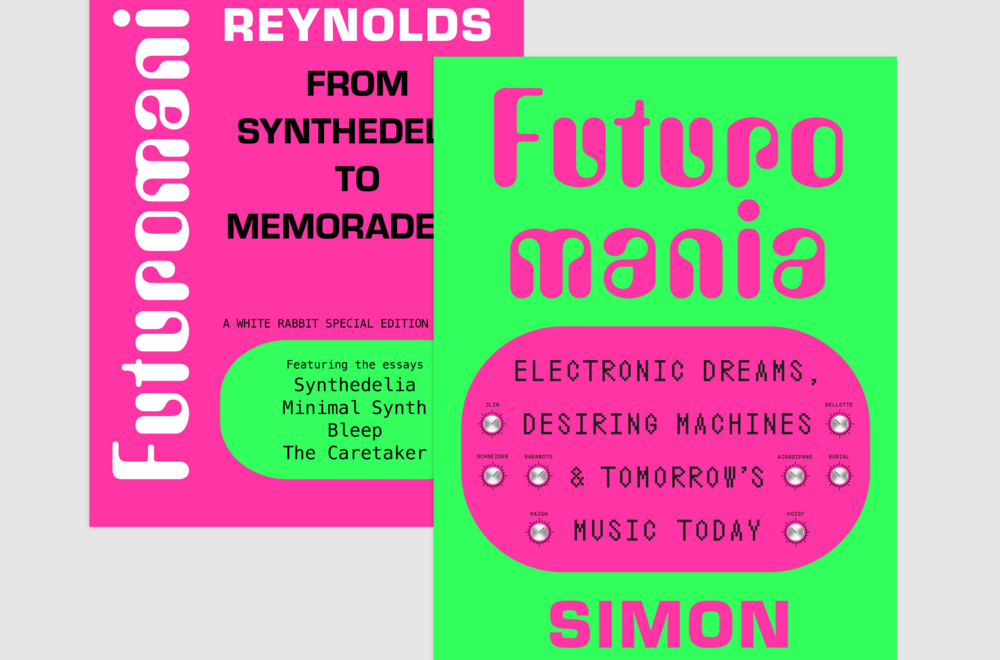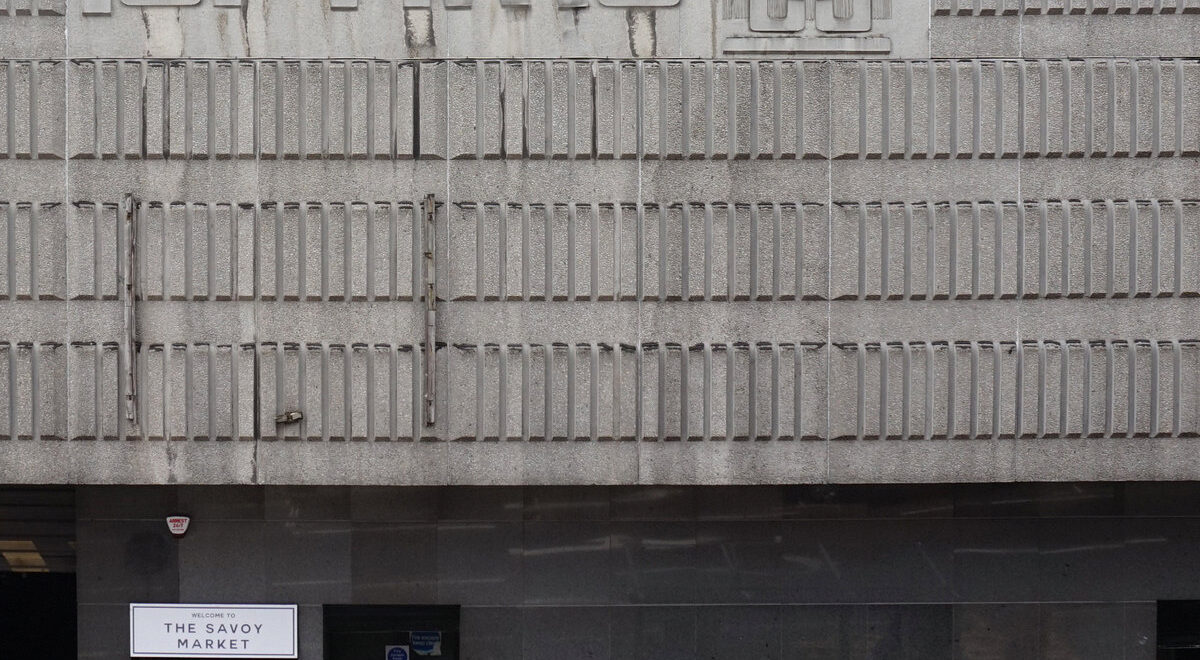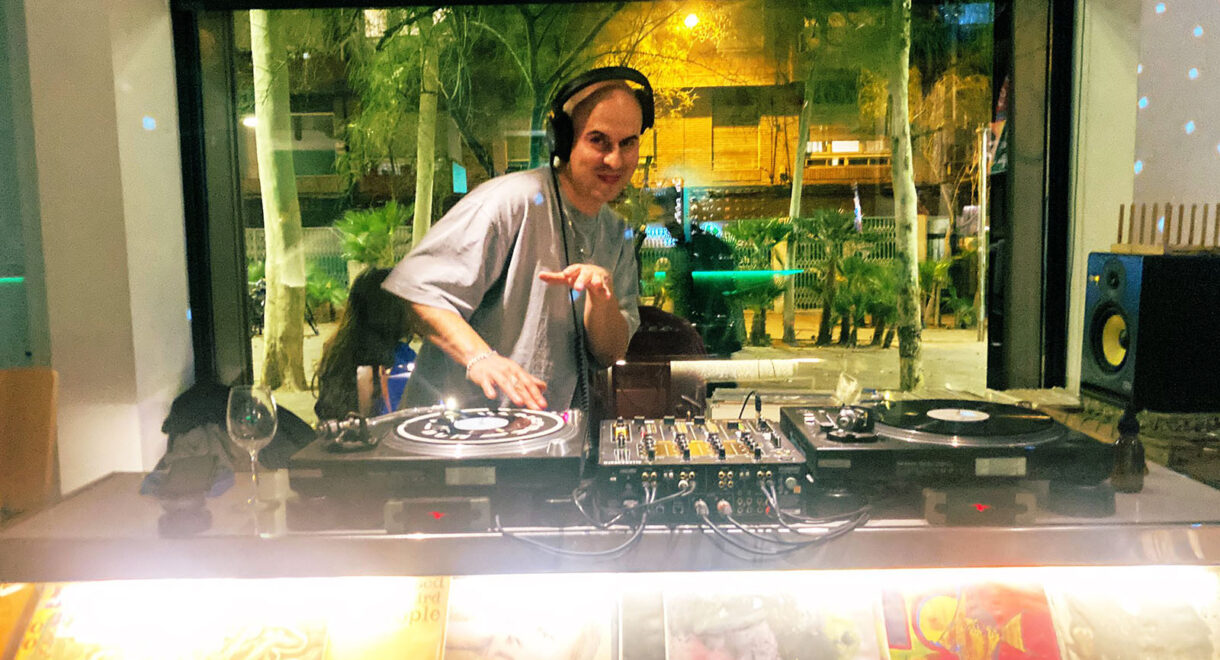The summer is halfway over and you’ve been scrolling for like, what, six weeks straight now? Step away from your phone (after reading this, of course). An analog […]
Pole: Stefan Betke’s heavy, speaker-testing digital dub

One common language issue among serious listeners and the writers who pander to them has to do with the adjective heavy and the ways in which it is and isn’t employed when describing sound. Used most commonly to capture slow, distorted guitar music, often tuned way down, the word has become so enjoined with its twin, metal, that other truly weighty sounds, the fat kind that land with thuds and send rumbling shockwaves through bodies, must be captured through phrases like fucking deeeep or poop-inducing to describe music that pummels the senses.
Enter the German producer Stefan Betke, who for the past two decades has built bass tones as darkly dense as black granite and arranged, as if with tweezers, staticky pops, distant melodica wails, echoed clangs, drill-like snare bursts and metallic rumbles into meticulously designed patterns. Crafting electronic music as Pole that sounds as if it were recorded in a Kingston-sized dub chamber, the Berlin-based producer, musician, mastering engineer and genius vinyl cutter since the late 1990s has made records seemingly designed for testing hi-fi systems.
Seriously. Listen to Pole super loud. Sure, enjoy a little “marijuana” too, if that’s your thing.
Part of the so-called “clicks and cuts” minimalist movement of German electronic music in the early ‘00s, Betke’s Pole made its name through a breathtaking trio of albums from 1998 to 2000 that drew from digital dub, techno and so-called IDM. Each double LP and CD was identically packaged save for the album’s single-toned cover art. The first, Pole 1, came in a deep blue sleeve. Pole 2 was red. Pole 3 was yellow. Combined, the 12 album sides move with a stoned-immaculate sense of space. Like, imagine a dub of a dub of a dub of a Lee “Scratch” Perry dub. The structure’s there, as is the feeling, but the waves are shadowlike and mysterious. Heard at full volume on speakers or headphones that can handle it, the works will encapsulate you in a virtual space that’s as dense as a Richard Serra sculpture.
Attempting to recommend one over the others is a little silly, as Pole 1, 2 and 3 move like a single work. But the yellow one, 3, released in 2000 and recently reissued on vinyl and CD alongside the other two, is both A) fucking deeeeep and, B) comes as close to any record I know to discovering the legendary, poop-inducing bass tone known as the brown note. Heavy, gut rumbling stuff.
Start with a track such as “Uberfahrt” (“Crossing”), a patient, wide-open exploration of a gelatinous bass-line, with golden flecks of high-end static floating through in rhythmic patterns. Listen loud. If the cellophane wrapper on the floor isn’t buzzing, you’re not doing it right. At eight minutes, “Klettern” moves at a quicker tempo and has a more frantic feel to it. A distant treble hiss shimmers throughout. Tones skid like braking tires on dry pavement.
One additional note: As mentioned above, Betke is one of the best record cutters in the world. His Berlin-based recording and mastering studio, Scape, is responsible for some of Berlin’s deepest tracks. One search on Betke’s name at Discogs will reveal the extent of his influence.
Another note: Betke’s newest album as Pole, Fading, came out last month, and it’s a killer evolution. Using sophisticated ultra-high-definition tools to place notes and beats in what sounds like three-dimensional space, he’s expanded his sound palette without sacrificing space.










